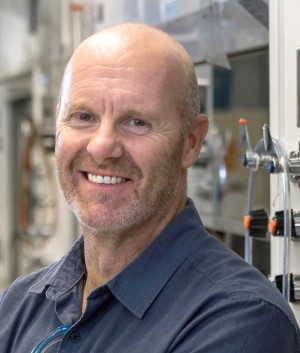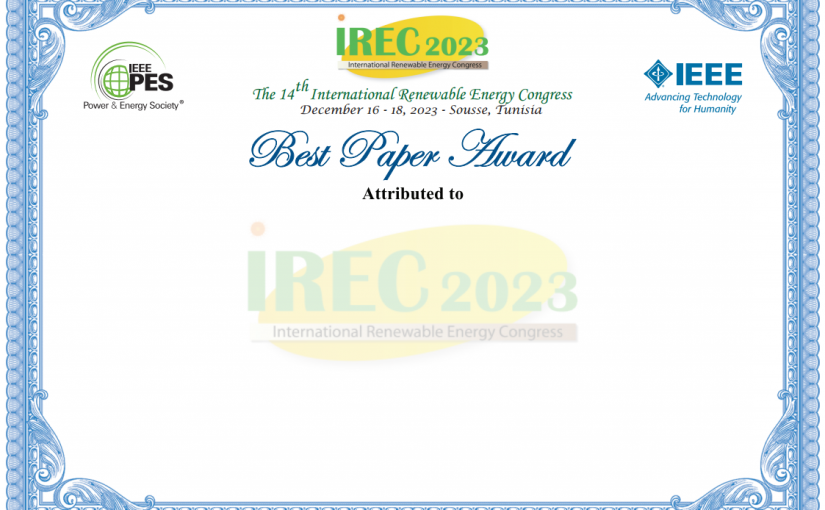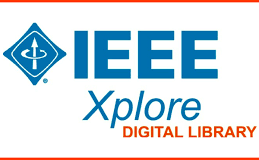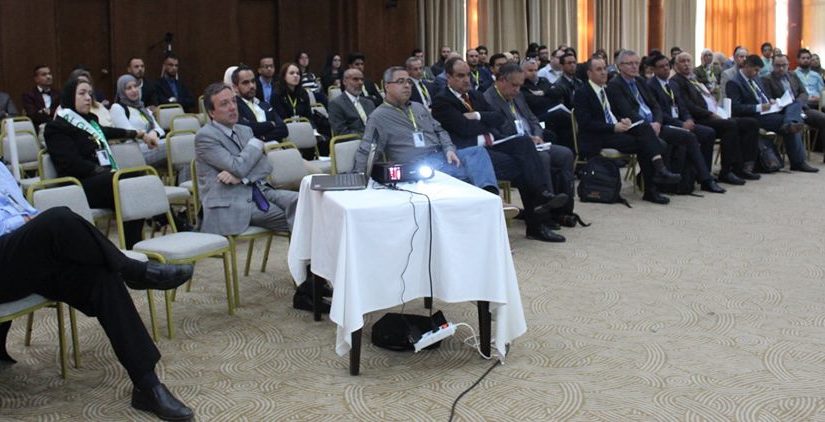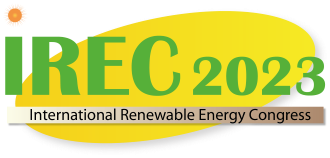Abstract: An inexpensive, environmentally friendly energy carrier must be employed to allow for the decarbonization of domestic heating, transportation, and many industrial processes. Hydrogen is widely regarded as being this primary energy carrier. Global demand of H2 is ~70 Mt H2 with just 2% produced by electrolysis. Many net zero CO2 emission strategies suggest hydrogen demand could increase ten-fold by 2050 – there is a need for increased green hydrogen production. The electrolysis of water has the biggest potential for scalability and widespread adoption, of which three electrolytic types are of various levels of maturity: alkaline water electrolysis (AWE), proton exchange membrane water electrolysis (PEM-WE), and anion exchange membrane water electrolysis (AEM-WE). AEM-WE which has emerged as a promising competitor for green hydrogen production at scale, as it combines the known benefits of using inexpensive non-noble metal catalysis in alkaline media with the reduced ohmic losses of cells incorporating an ultrathin polymeric membrane. This presentation will report on latest advances towards achieving low-cost renewable hydrogen and address inherent challenges of AEM-WE technology that are rapidly being overcome.
Biograhy: Dr. Steven Holdcroft is a Professor of Chemistry and Canada Research Chair, and former President of the Canadian Society for Chemistry. He researches materials for electrochemical energy conversion & storage. He is author of 300 peer-reviewed articles and 20+ patents. He was a board of director of the Canadian Fuel Cell and Hydrogen Association for more than 10 years. He serves on the Editorial Advisory Board of the journals Chemistry of Materials (ACS) and Energy and Environmental Science (RSC). With three former students, he cofounded Vancouver-based Ionomr Innovations Inc., a thriving 50+ person SFU spin-out commercializing materials for clean energy. Dr. Holdcroft has received numerous awards for research and service. In 2021, he was elected to the fellowship of the Royal Society of Canada, and in 2023 received a Gutenberg prize award from the Cercle Gutenberg (France).


